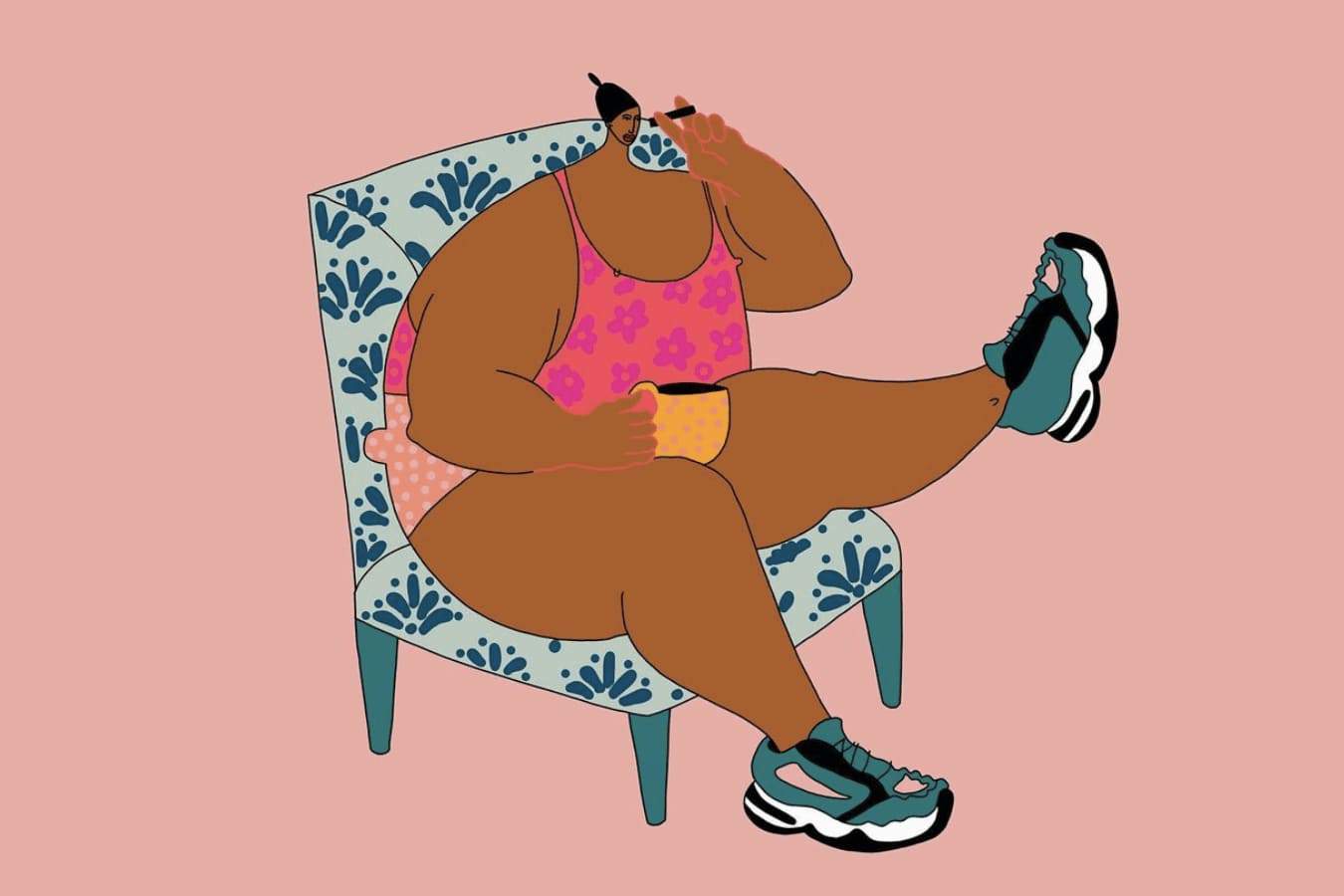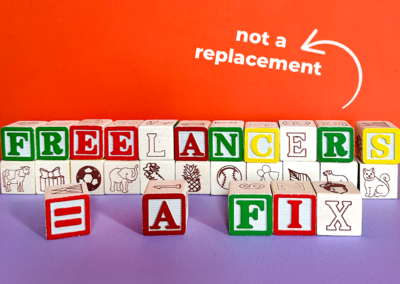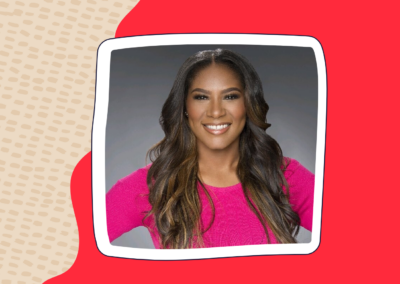Breonna Taylor was a Black woman from Louisville, Kentucky who was killed by police on March 13th while she was asleep. Her life was cut short when police officers shot through her home while she slept, firing over 30 rounds of ammunition.
It’s now weeks after her long-awaited hearing, where the Kentucky courts indicted one person — Brett Hankinson, just one of the three officers involved in the shooting that killed Breonna. Hankinson’s indictment doesn’t relate to Breonna’s death but is considered wanton endangerment — short for “He will not be held accountable for the shooting death of Breonna but the reckless shooting and endangerment of others.” The other two officers face no charges.
I am frustrated, saddened and tired. Frustrations don’t lie solely in the Black Lives Matter movement we see today. These oppressions have been around for centuries but in the ad industry, several organizations are taking a stance to support the Black Lives Matter movement, implement D&I roles and accommodate flexible working hours. What about Black mental health?
Insights from The Rosie Report found that 80% of traditional full-time marketing employees say their work affects their mental or physical health. Topped with a global pandemic and reignited civil rights movement, access to safe and proper healthcare is critical. There are countless articles like this one published by Launchways, “How Diversity and Inclusion Drive Business Value and Profitability” but where are the ones on “How to Support Your BIPOC Employees During a Pandemic and Civil Rights Movement?”
As the founder and host of the podcast, “Truth Is,” I always seek out — you guessed it, the truth. My mantra is, “The truth will set you free, but first – it will piss you off.”
The truth about Black mental health is that it continues to be underserved and underrepresented, especially in corporate America and media organizations.
Here’s how it will piss you off:
In 1962 Malcolm X declared that “the most disrespected person in America is the Black woman. The most unprotected person in America is the Black woman. The most neglected person in America is the Black woman.”
Nearly 60 years later, that continues to feel true. Why?
Black women’s bodies have been used to feed white babies during slavery while not being able to nourish their own. Black men and women have been abused over and over, used for medical experimentation in this country and been victims of police brutality long before the Black Lives Matter movement began. These horrific truths are examples of the racial trauma Black people continue to face in this country, and their effects are felt in most, if not all areas of our lives.
I currently work at an advertising organization where our leadership is proud of their efforts at highlighting the importance of self-care and work-life balance, and they should be at a time when stresses are heightened, and now have technology to support these lifestyles.
However, the reignition of the Civil Rights movement is the first time they have acknowledged the emotional distress their Black employees endure. This effort, while overdue, is important. It sends a message to our employees that leadership is concerned about our well-being, highlights that racial trauma is very real and can negatively affect how Black people show up to do our jobs.
Improvement is needed around communication, providing professional resources and establishing a safe space.
Part of my organization’s recent D&I initiatives involved some of our Black employees (voluntarily) recounting their racial experiences. Sharing these already traumatic experiences elicits a new trauma within itself — for the purpose of educating employees and validating our experiences. Even if these conversations aren’t being had between manager and junior relationships, or on a team Zoom call, they are being had in private and have been done so prior to 2020.
Just a couple of years ago, at the same organization, I was emotionally and mentally drained by microaggressions. I asked my Black female coworker to sit with me in an empty conference room while I cried. She listened. After, we both walked out with smiles on our faces as if we had just completed a successful meeting. She had been working in the industry long before me. She understood why I was crying and understood that we didn’t have the safe space to be emotionally vulnerable at work. I didn’t have to tell her what happened. Her presence was enough. Oftentimes managers — or white people, speak as if they’re trying to fill a void. But enough talking — we need to feel safe, be heard, and they need to listen.
The Black victims of police brutality are not forgotten, and the pain isn’t felt only by their loved ones. There’s an empathy that’s shared across our communities. After the 2016 murder of yet another Black man, Philando Castile, I was devastated. I wanted to call in sick. But how could I? What was I going to say? “Black men and women are being murdered by police officers regularly, and today I don’t have the capacity to ignore microaggressions. May I take a mental health day?” Only my black coworkers and I acknowledged what happened that day.
Today, I am grateful my new CEO encourages taking mental health days as needed. Needless to say, the Friday after George Floyd’s murder, I did not hesitate to take one.
Last summer I was six months pregnant and rushed to the doctor to ensure my baby boy was safe. After sending a team email stating that I would be out most of the morning, my boss responded with concern and support. The next day my teammate informed me that our boss had given her my assignments to do, after stating, “I think Asha needs more help.” My co-worker is a white, Latinx woman. I wondered why my work was being traded off to someone else without my knowledge. The lack of open and honest communication led me to believe that my biased, white boss felt comfortable handing off my work to my coworker because she is white-presenting.
There it was again. Racial trauma rearing its ugly head. I’m frustrated, but I had a choice. Do I stay silent and ignore what is happening, or do I advocate for myself and address the issue? I suffered a miscarriage in that same office two and half years prior — I would not suffer the same fate again. I took a deep breath, remembered what I had learned in therapy, and acknowledged that as a Black woman in corporate America no matter how hard I work, how educated I am, or how pregnant I look, I don’t matter. My life doesn’t matter and in my case neither does my baby’s.
But our lives do matter.
I chose not to simply advocate for myself. I committed to my mental health, and prioritized my physical health and my unborn son’s life. After confronting my boss on why she chose to hand over my work to my coworker, she stammered over her words. Unable to clearly articulate why she made that choice, I left the office upset and wanting desperately to quit.
That was a year ago. Last week, the same boss had not acknowledged the Kentucky ruling in Breonna’s case, but managed to send an email sharing that she longs for the day when we’re all in the office again. I’m in no rush to return to the office. At home, I have the freedom to feel what I may, in the privacy of my home.
While my experiences may be individual, they are not uncommon. Making room for Black mental health support is just as important as developing D&I efforts.
Dr. Angela Neal-Barrett, a professor of Psychological Sciences at Kent State University, provides actionable steps for companies to take when supporting their Black employees mental health:
Provide counseling services through employee assistance programs (EAP). It is important that the therapists are culturally competent and have the skill and training to work with Black clients.
Demonstrate support at the organization level – i.e. Carefully craft a statement of support. Commit to being an anti-racist organization. Most importantly listen to the voices of your Black employees and not just during town halls.
As Dr. Neal-Barrett explains, “racial trauma is racism” and it takes place in several forms that many HR teams aren’t equipped to handle which is why qualified resources are urged to be brought in.
In addition to the mission statements, social media stances, “courageous conversations” and brand values, there’s still a long way to go for Black representation and an even longer road ahead for Black mental health. If you’re looking for somewhere to begin, start internally with having honest, and open dialogues with your employees at all levels of the organization, not just on public facing platforms.
Chances are, if you’re worried about what the public thinks, your employees already have an opinion.
Asha’s Socials: LinkedIn, Twitter, Instagram
Editor’s Socials – Dominque Dajer: LinkedIn, Twitter, Instagram



